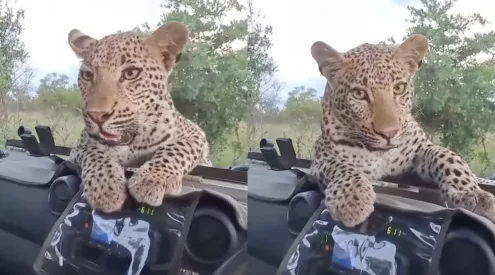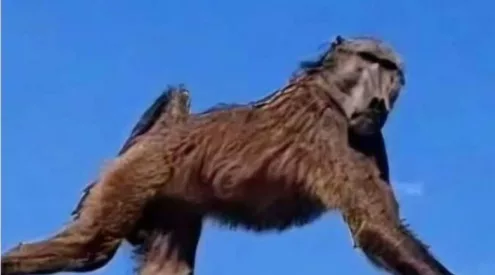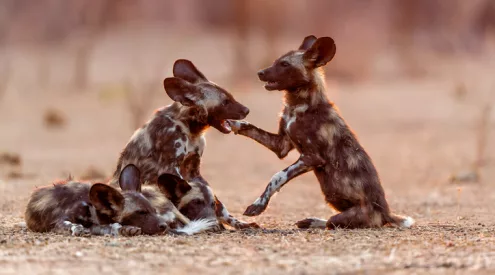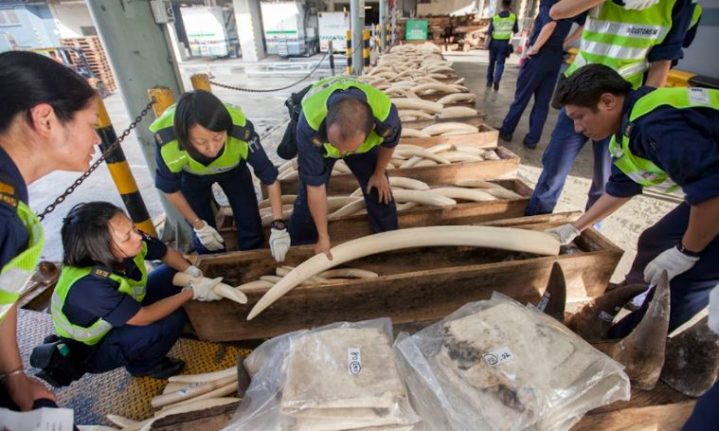In an unprecedented move to combat wildlife trafficking, Hong Kong’s lawmakers have voted in favour of an amendment bill that means certain wildlife offences will, for the first time, be treated as Serious and Organized crimes.
The Bill incorporates wildlife crime offences into Hong Kong’s Organized and Serious Crimes Ordinance, providing additional/appropriate powers to local law enforcement and providing a clear mandate to deter, detect, disrupt and dismantle criminal networks responsible for wildlife trafficking.

Credit: Peter Chadwick, ©PHOTOGRAPHERS AGAINST WILDLIFE CRIME
The same networks involved in wildlife trafficking have been linked by leading experts, to human, weapon and drug trafficking, underscoring the serious and organized nature of this criminality. “The fight against wildlife crime is an immense challenge and by taking this bold move to amend its laws, Hong Kong is not only showing global leadership, but is signaling that we can no longer stand by and let wildlife traffickers continue to exploit our city, devastate wildlife populations and steal local natural resources that impact local communities and national economies worldwide,” said Lisa Genasci, CEO of the ADM Capital Foundation, an environmental foundation with a dedicated wildlife trade programme.
In the midst of a biodiversity crisis, in large part driven by the illegal wildlife trade and exacerbated by climate change, which has altered habitats, Hong Kong has become a hub for the illegal wildlife trade. Authorities seized 929 metric tonnes of rare and endangered wildlife across 1,680 seizures from 2018 to 2020.
“Hong Kong’s recent seizures continue a decade-long upward trend that has seen the decimation of multiple species including rhino, elephant and pangolin populations, globally, while the perpetrators go free,” said Amanda Whitfort, Associate professor of Law at Hong Kong University. Recent record-breaking seizures in Hong Kong include; 82kg rhino horn, equivalent to 31 black rhino or 14 white rhinos, and 8.3MT pangolin scales seized with 2.1MT ivory, equivalent to 13,800 pangolins and 200 elephants (2019).

Credit: Alex Hofford, ©PHOTOGRAPHERS AGAINST WILDLIFE CRIME
Despite their scale, there have been no known prosecutions relating to these record seizures, highlighting how critical the Bill is to Hong Kong’s enforcement authorities. Proponent of the Bill Elizabeth Quat remarked that “The nature of illegal wildlife trade in itself is a clear expression of pre-meditated acts, carefully orchestrated operations carried out by global seasoned organized syndicates.

















